As a homeowner, power outages can be frustrating and can cause discomfort, food spoilage, and even damage to your home appliances. That's why investing in a backup power generator is an excellent idea to ensure that your home has electricity even during power outages. However, before you purchase a generator, there are a few things to consider to ensure you make an informed decision.
Power Needs
The first factor to consider is your home's power needs. You need to determine the amount of power your home requires during an outage. You can calculate your power needs by assessing the essential appliances and devices that you need to power during an outage. These could include your refrigerator, lighting, air conditioning, sump pump, and other necessary electrical devices. Once you have determined your power needs, you can purchase a generator that meets your home's power needs. It is also crucial to factor in any future changes that may increase your power needs.
Type of Generator
The second factor to consider is the type of generator that you need. There are two types of backup power generators; portable generators and standby generators. Portable generators are versatile and easy to move around, making them suitable for powering small appliances and electronics. They are also less expensive compared to standby generators. However, they are noisy, require manual refueling, and are not suitable for long-term power outages. Standby generators, on the other hand, are permanently installed outside your home and automatically switch on when there is a power outage. They are quiet, powerful, and can run for extended periods. However, they are more expensive and require professional installation.
Installation and Maintenance
The third factor to consider is the installation and maintenance of your generator. It is important to have your generator professionally installed to ensure it operates safely and efficiently. You should also ensure that you have enough space for the generator and that it complies with your local zoning and building codes. You will also need to maintain your generator regularly to ensure it is in good working condition. This includes regular oil changes, filter replacement, and regular testing to ensure it is working correctly.
Average Cost The cost of installing a backup power generator for a home will depend on several factors, including the type of generator and the size of your home. On average, a portable generator can cost between $300 and $1000, while a standby generator can cost between $5000 and $15000, including installation costs.
A backup power generator is an essential investment for any homeowner. It ensures that your home remains powered even during power outages. When considering installing a backup power generator, you should factor in your power needs, the type of generator, and the installation and maintenance costs. By taking these factors into account, you can make an informed decision and select a generator that meets your home's power needs and budget.
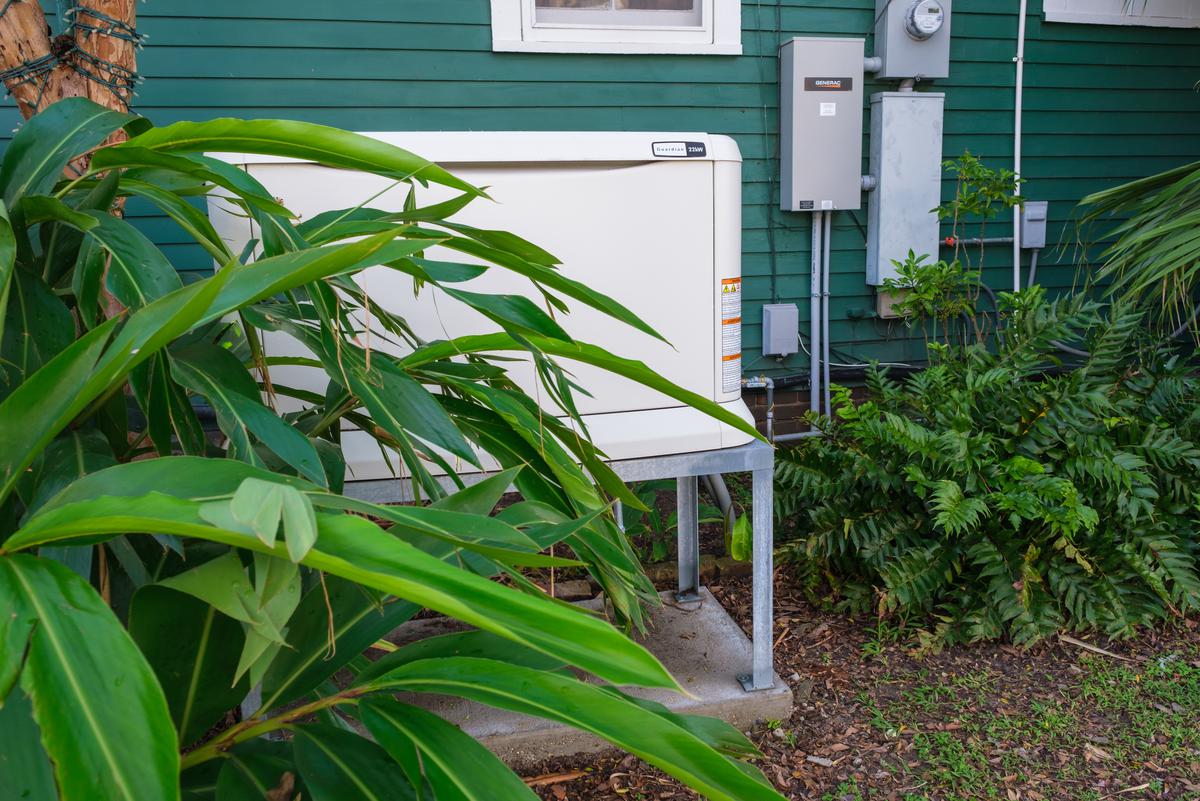

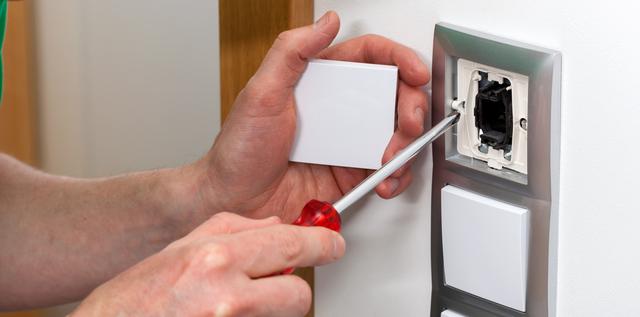
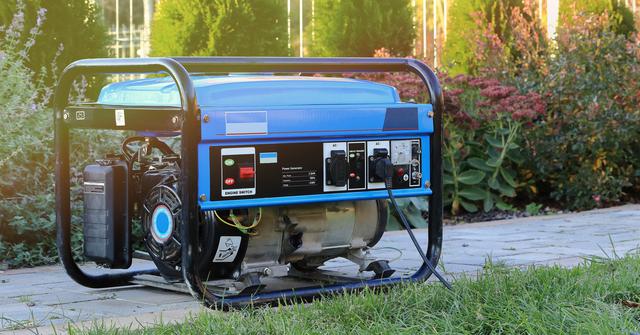
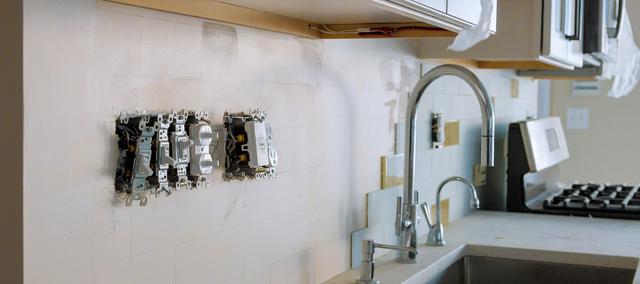
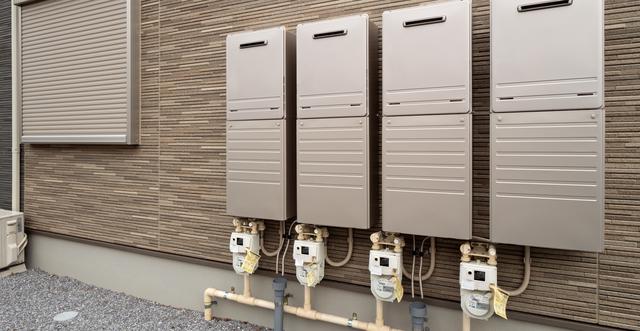
comments